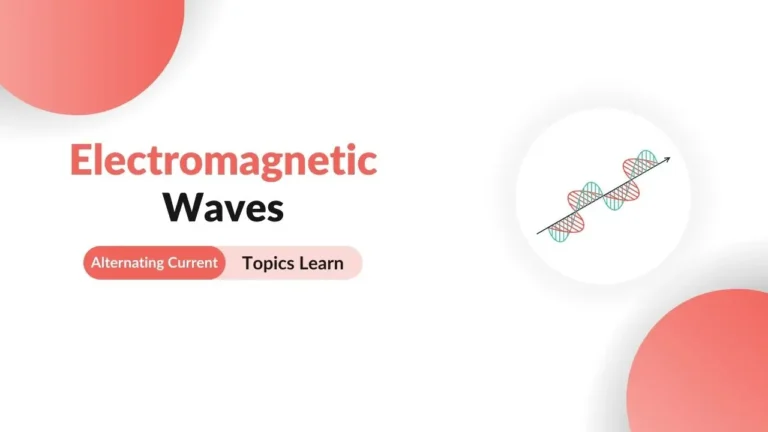Electric forces and gravitational forces are two of the most fundamental forces of nature that govern the behavior of objects at a distance. Both forces are present everywhere, whether or not there are any objects around to interact with them.
Understanding the similarities and differences between these forces is crucial for understanding the behavior of objects at all scales, from subatomic particles to entire galaxies.
| Feature | Electric Force | Gravitational Force |
| Type of Force | Electromagnetic Force | Gravitational Force |
| Nature | Both are fundamental forces | Both are fundamental forces |
| Attraction/Repulsion | Both are fundamental forces | Always attractive |
| Source | Charged particles | Masses |
| Field | Electric field is a vector field | A gravitational field is a vector field |
| Field | Electric field is a vector field | Can cause objects to move and change their properties |
| Strength | Weaker than electric force | Weaker than electric force |
| Dependence | Depends on the magnitude and sign of the charges involved | Depends on the mass and distance between the objects |
| Formula | F = k (q1 q2 / r2) | F = G (m1 m2 / r2) |
| Constant | K=9×109 Nm2/c2 | G=6.67×10-11 Nm2/kg2 |
Related material:
Conclusion
In conclusion, while electric force and gravitational force share some similarities, such as being fundamental forces and acting at a distance, they also have significant differences in their nature, source, field, and strength.
Share this article with anyone interested in learning about the similarities and differences between electric forces and gravitational forces, and deepen your understanding of the fundamental forces that shape our universe.




Wow thanks for this article!